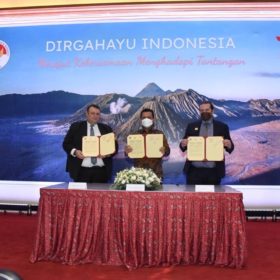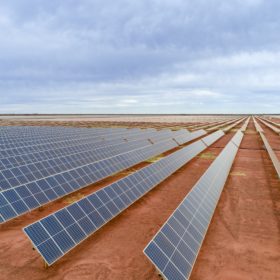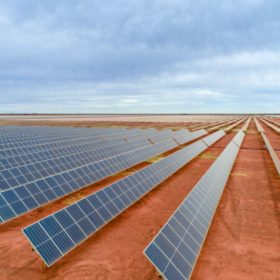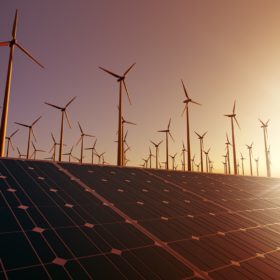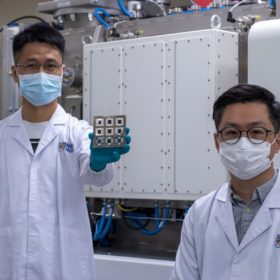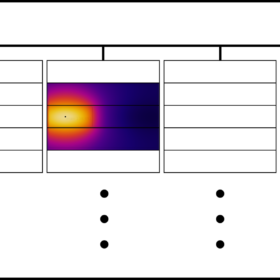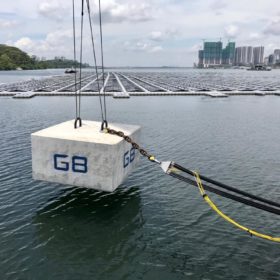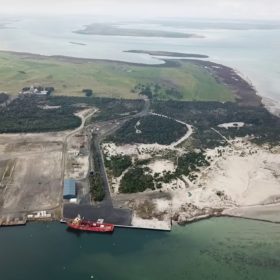Indonesia’s Riau Islands set for more big solar and storage
Developers are moving fast to meet Singapore’s clean energy needs by establishing overseas solar-plus-storage plants, with a strong focus on facilities in neighbouring Indonesia.
Indonesia’s Riau Islands set for more big solar and storage
Developers are moving fast to meet Singapore’s clean energy needs by establishing overseas solar-plus-storage plants, with a strong focus on facilities in neighbouring Indonesia.
3.5 GW Indonesian solar plus storage facility proposes export to Singapore
A partnership between Quantum Power Asia and Berlin-based ib vogt is proposing a 3.5 GW solar and storage facility in Riau, Indonesia, an archipelago of islands south of Singapore. The AUD$6.7 billion potential project aims to export the generated solar to the Singaporean city-state by 2032, meeting 8% of its electricity needs.
Territory government ramps up support for 20GW solar and battery project
The world’s largest solar PV and battery energy storage project has locked in renewed political support with the Northern Territory government confirming it will introduce special legislation into parliament this week that will facilitate the development of the giga-scale Australia-Asia PowerLink project.
World’s biggest solar-plus-battery project gets $210m funding boost
Sun Cable’s ambitious plans to build the world’s largest solar PV and battery energy storage project in Australia’s remote far north are a step closer to fruition after two of the nation’s richest men provided their backing for a $210 million capital raise.
Singapore secures stake in Australian green hydrogen projects
Singapore’s trillion-dollar sovereign wealth fund GIC has made a “strategic” investment in renewables developer InterContinental Energy, one of the major players behind mega solar and wind-powered green hydrogen projects planned for Western Australia’s Pilbara and southeast regions.
Researchers claim new efficiency record for solar cell technology
Researchers in Singapore claim to have set a new record for the power conversion efficiency of perovskite/organic tandem solar cells, paving the way for flexible, lightweight, low cost and ultra-thin PV cells.
Novel design for shingled solar modules
Researchers in Singapore have created a flexible framework for designing hotspot-resistant shingled modules. Their work is claimed to be perfectly compatible with existing manufacturing techniques.
Singaporean FPV firm targets offshore expansion plans
Floating PV is a growing niche in the solar sector, but its offshore segment has proven more difficult to activate, largely because of the difficulty of open-water energy generation. Nevertheless, the potential of offshore floating PV is almost unlimited, and one Singaporean firm, G8 Subsea, is looking to leave the safety of harbours and reservoirs.
Patriot Hydrogen joins gasification outfit CAC-H2’s bulging partner list
Patriot Hydrogen has become the latest company to partner with the fast growing Singapore-based hydrogen-via-gasification outfit, CAC-H2.


